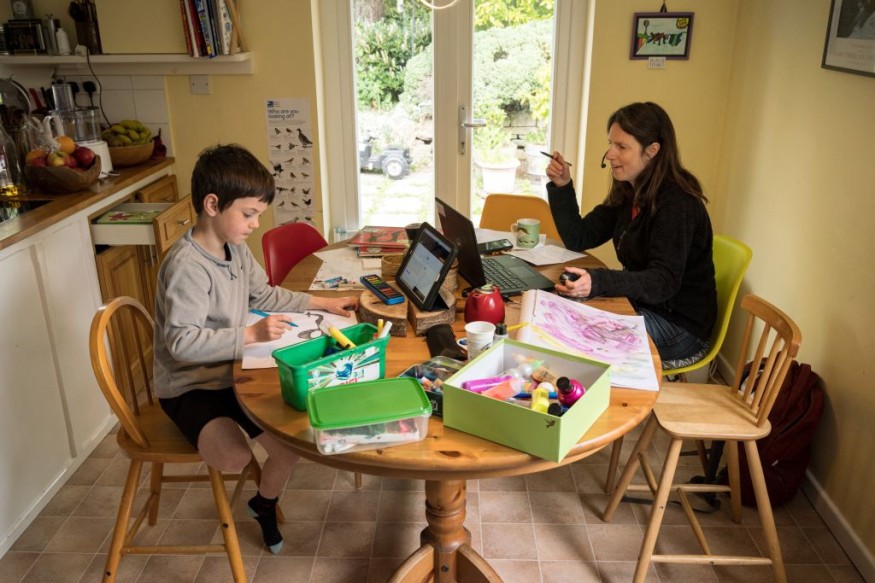Researchers discovered that conscientious and extroverted employees suffered more with the work-from-home setup due to the COVID-19 pandemic. People with these behavioral characteristics experienced "declining" results over time.
Due to the coronavirus pandemic, many employees had to adjust to the rapid change from in-person to work-from-home or remote working.
Researchers published their study, "Extroversion and Conscientiousness Predict Deteriorating Job Outcomes During the COVID-19 Transition to Enforced Remote Work," in Social Personality Psychological Science.

Extroverts Burdened During WFH Arrangements
According to a press release from Tilburg University, working from home showed both benefits and drawbacks. For example, it gave employees greater flexibility but simultaneously removing social interaction with coworkers. It also created challenges in terms of "reconciling job and family."
Tilburg researchers looked at the link between different personality types and "within-person variations in five work outcomes" during the first wave of the pandemic when the shift occurred. Self-reported performance, engagement, job satisfaction, burnout, and plans to leave are all included.
The researchers studied workers who had to work from home from May to August 2020. According to the researchers, work-from-home arrangements burdened extroverts and conscientious employees. Experts added that the participants had lower satisfaction and productivity levels.
Extroverts Becoming Unhappy, Less Engaged With Work Amid COVID-19 Pandemic
Extroversion and conscientiousness were related with worsening outcomes over time, the researchers said. They added that the participants with these personality traits became less engaged and unhappy with their work, Phys.org. Extroverted individuals also experienced more burnout, researchers added.
While persons with these personality qualities had higher results at the start of the research, they had already lost their "advantages" by the conclusion. Those who scored low in these personality qualities, on the other hand, improved in these same outcomes during the same period.
Researchers wrote in their study that extroverts and conscientiousness are connected with a variety of advantages at work in normal conditions. However, the study's conclusion implied that these benefits vanish over time due to a forced (pandemic-related) shift to remote employment.
Less Social Interaction A 'Disadvantage' For Extroverts Working From Home
Because sociability is one of the "basic aspects" of extroversion, researchers pointed out that lacking the social interaction they typically had was a "significant disadvantage" of working from home. On the other hand, introverts have been proven to be more successful in circumstances that restrict social contacts in tests conducted before the pandemic.
When it comes to conscientiousness, those who are conscientious have a strong need for order. It's conceivable that more conscientious individuals struggled because of the "lack of structure and uncertainty" that comes with remote employment. Still, those who are less conscientious people thrived, researchers said.
According to the researchers, the findings of their study contribute to a better understanding of how people's unique characteristics might impact their employment success. Tilburg University highlighted that examining such characteristics in employees' personalities may be beneficial if firms decide to continue with the remote setup.
Read also: Personality Can Predict Who's a Rule-Follower and Who Flouts COVID-19 Social Distancing Guidelines
Check out more news and information on COVID-19 in Science Times.
© 2026 ScienceTimes.com All rights reserved. Do not reproduce without permission. The window to the world of Science Times.










